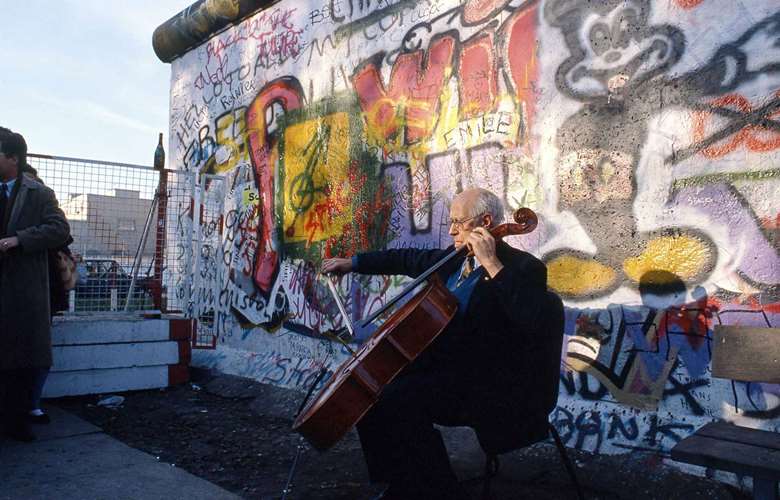How classical music promotes unity and peace
Tuesday, November 3, 2020
Classical music is helping to stem the rise of populism across Europe


Register now to continue reading
Don’t miss out on our dedicated coverage of the classical music world. Register today to enjoy the following benefits:
- Unlimited access to news pages
- Free weekly email newsletter
- Free access to two subscriber-only articles per month